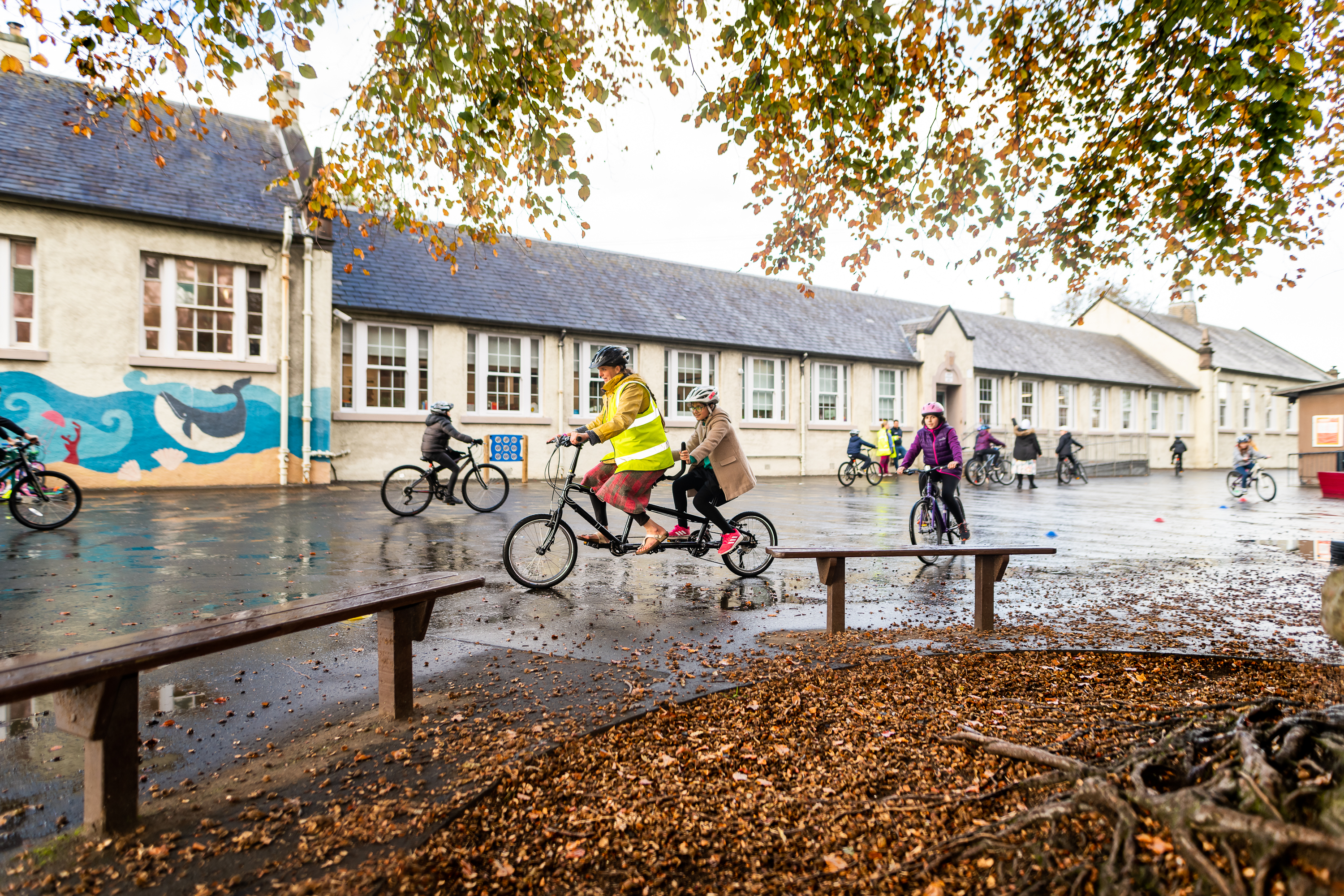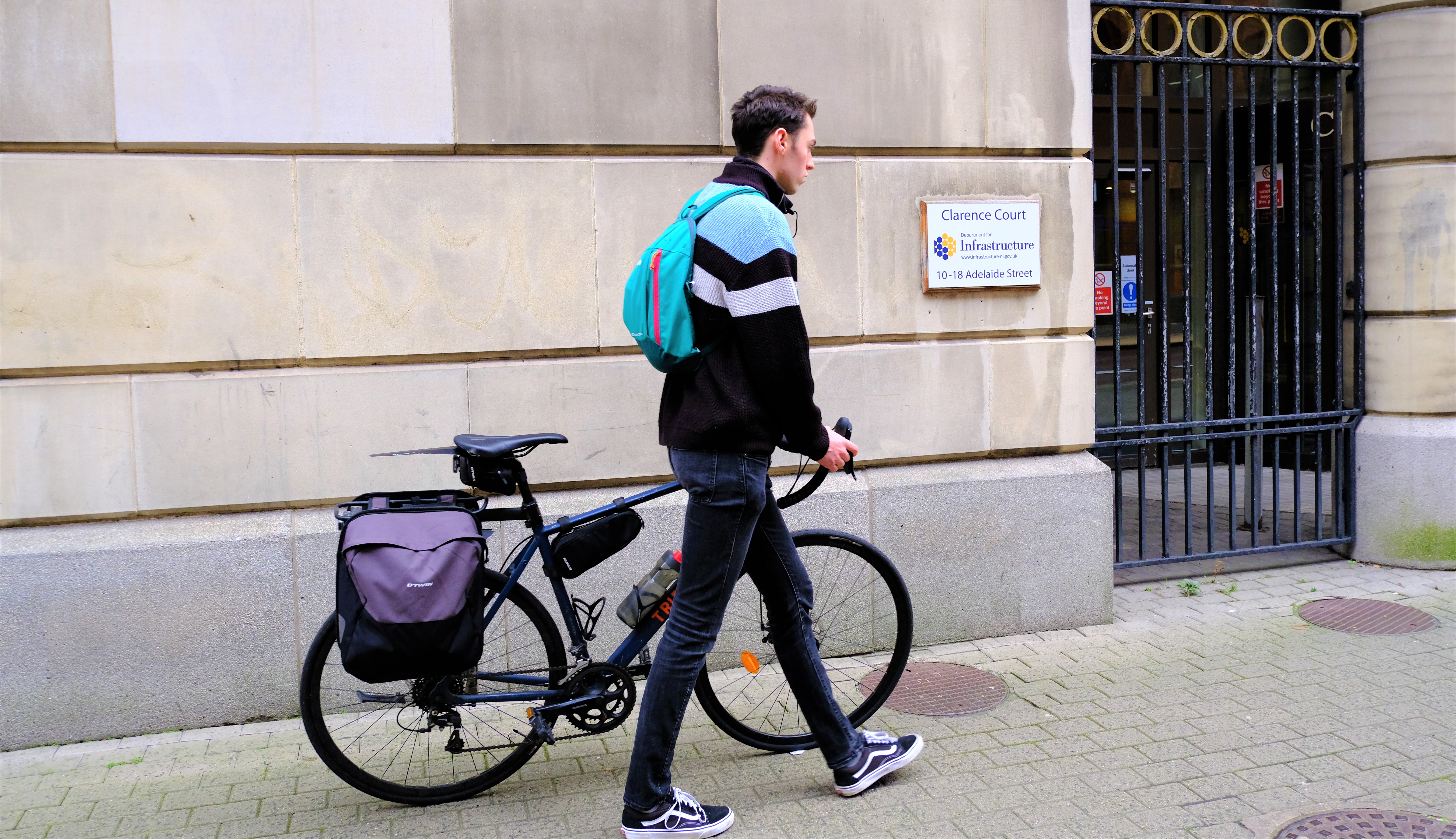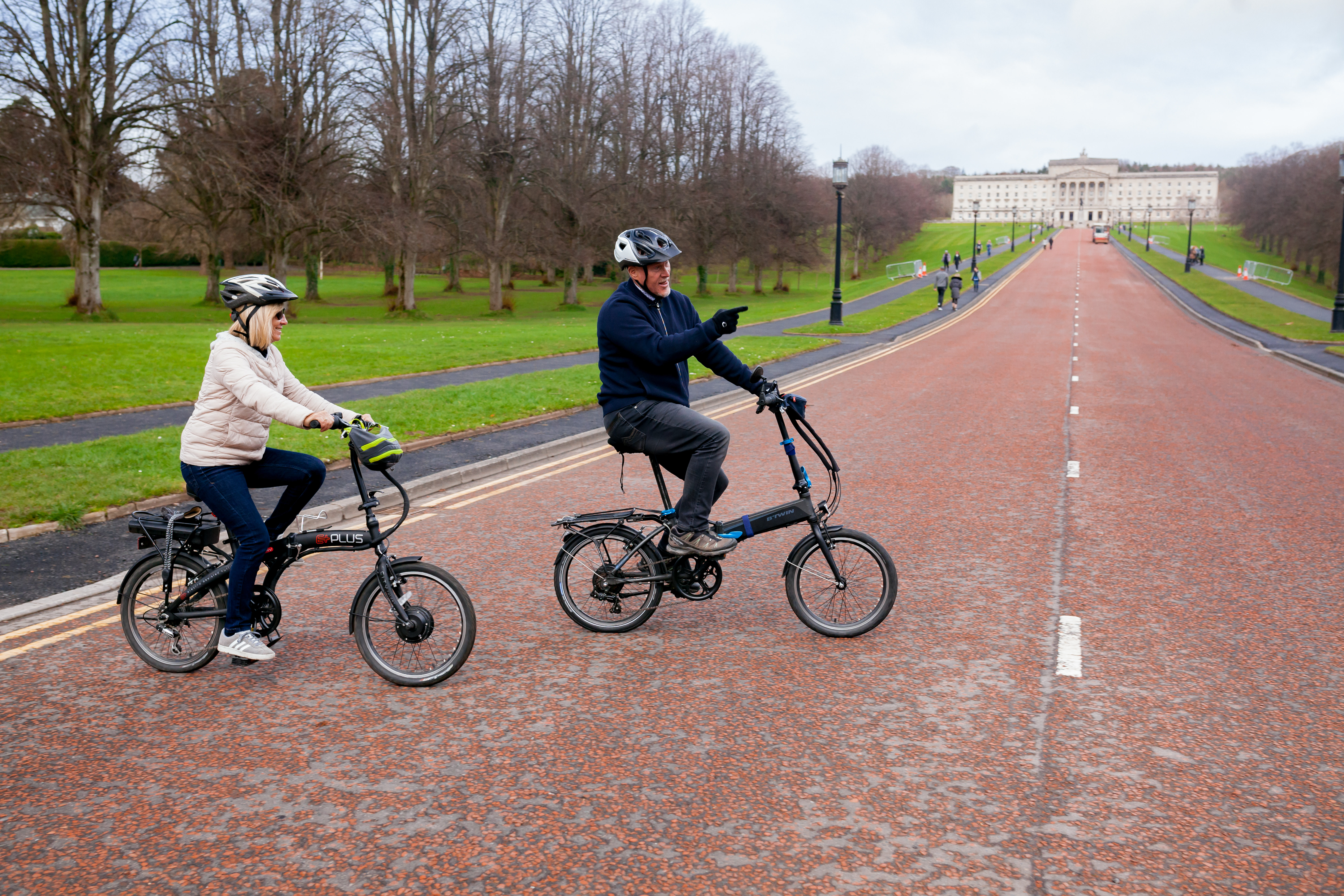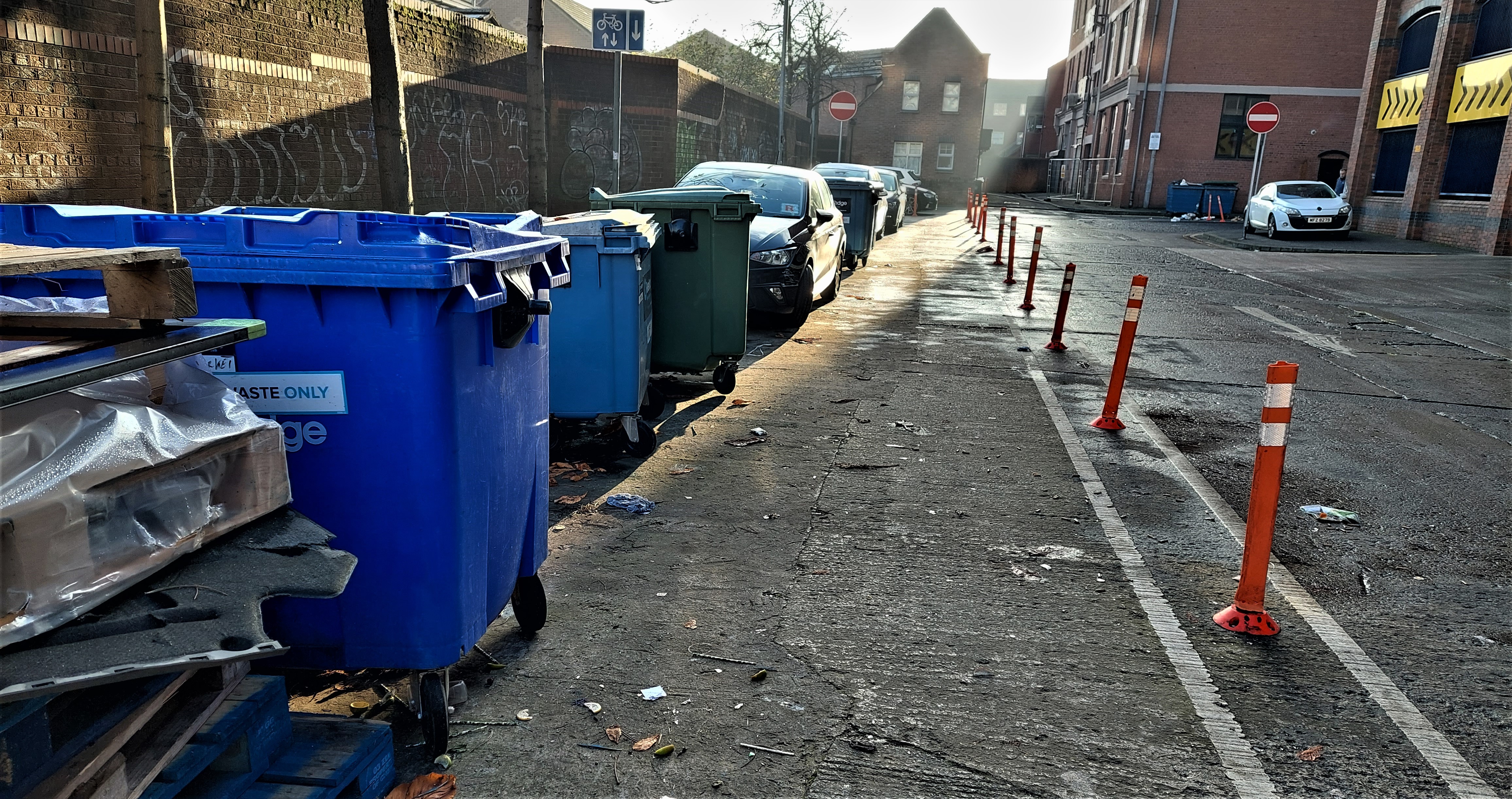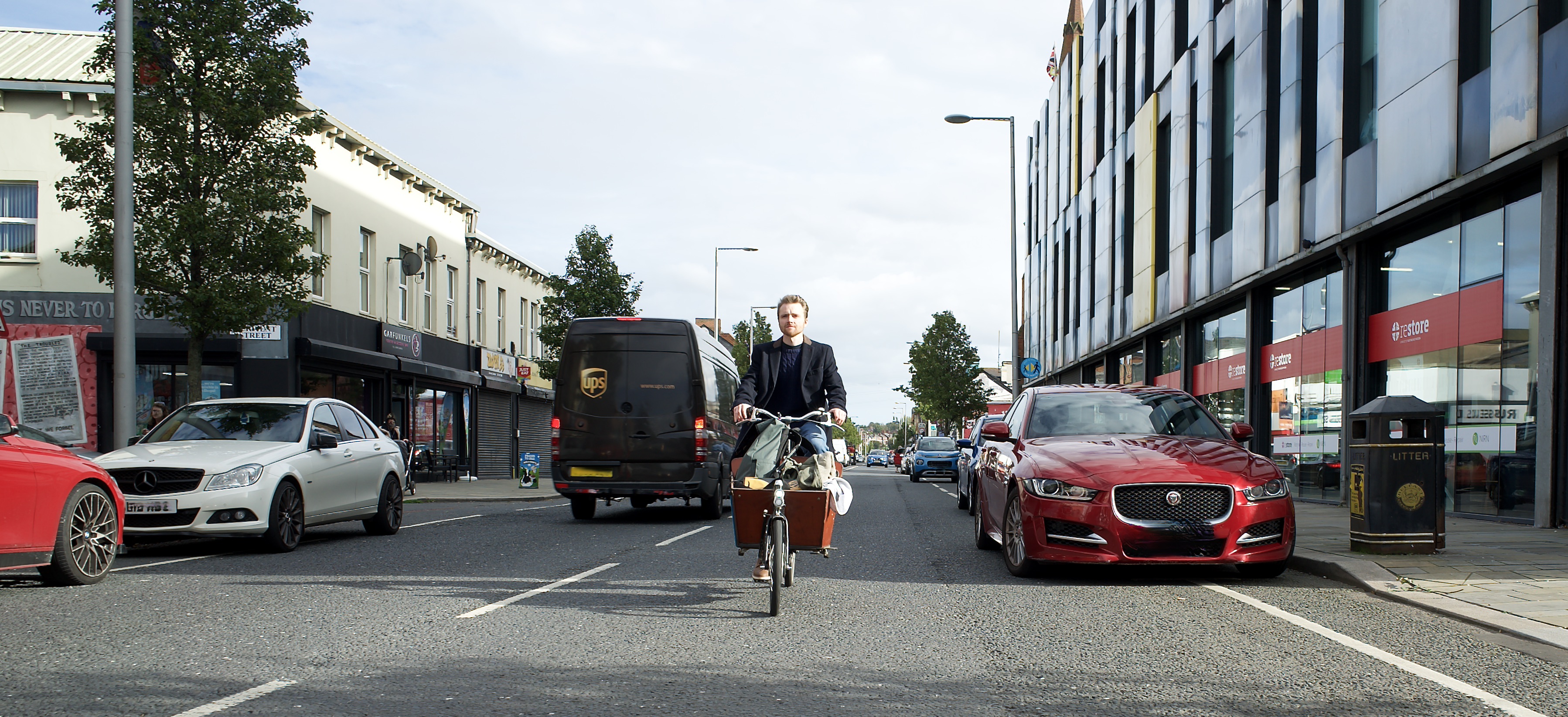Northern Ireland cycling in limbo
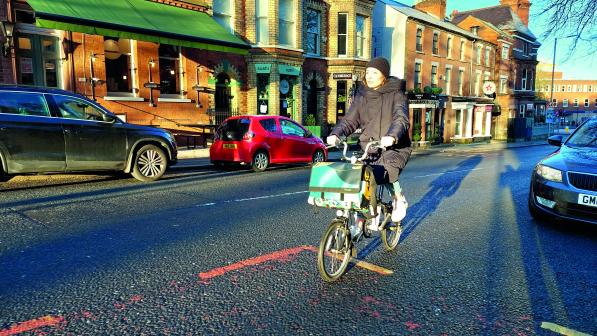
The Irish poet Seamus Heaney once said: “Anyone born and bred in Northern Ireland can’t be too optimistic.” While that doesn’t take account of the progress that’s been made in our little corner of north-west Europe over the last 30 years, it rings true for our current political and cost-of-living crises – and for the lack of support for cycling here.
It had looked like things were going to change. In January 2022 our MLAs (Members of the Legislative Assembly – the name for elected politicians in Stormont) were tabling amendments to the Climate Change Bill. Alliance MLA Andrew Muir introduced the Active Travel clause: “The Department for Infrastructure must develop sectoral plans for transport which sets a minimum spend on active travel from the overall transport budgets of 10%.”
Walking, wheeling and cycling were suddenly in line for a big slice of the transport budget. To put this shift into perspective: if the figure of 10% were achieved any time before 2025, Northern Ireland would go from a distant fifth place to Ireland, Scotland, England and Wales in terms of per-head spending up to second; only Ireland would be investing proportionately more in active travel.
And it wasn’t just pie in the sky. The Northern Ireland Climate Change Bill, along with Andrew Muir’s amendment, passed. It became an historic piece of cross-party legislation, receiving Queen’s Assent on 6 June 2022. Since then, the Department for Infrastructure (DfI) has had a statutory obligation on its active travel spend.

Driving the changes
More reasons for hope came during the Assembly election campaign in May. Cycling UK and Sustrans held a hustings event with candidates from the six previous largest parties in Stormont.
We asked all the candidates to sign our pledge to invest, connect and make cycling safe across Northern Ireland. All parties agreed “that more needs to be done to ensure this happens, and that holding the next executive to account to prioritise both the investment and delivery of schemes is imperative”.
Over half of the subsequently elected MLAs signed up to our pledge, including the leaders of the three largest parties: Michelle O’Neill (Sinn Féin), Sir Jeffrey Donaldson (DUP), and Naomi Long (Alliance). With such cross-party consensus, it would be hard to imagine a better political mandate.
It’s important to explain here why the vast majority of our campaigning in Northern Ireland is focused on the Stormont Assembly rather than local councils. Unlike in Great Britain or Ireland, Northern Ireland’s local councils hold no agency over streets and roads. It is completely centralised within the Stormont Assembly and the DfI.
This offers both challenges and opportunities when it comes to improving transport infrastructure. For example, if the Assembly and the DfI decided to make 20mph the default speed limit for residential streets, it would be rolled out country-wide. In Ireland and Great Britain, each local council would decide, so a roll-out would be slower. The flip side is that if the DfI drags its heels, things don’t get done.

Brakes on bikes
The DfI used to be called the Roads Department. It focused exclusively on developing roads and prioritising motor vehicles in Northern Ireland’s transport policy. Many would argue that, in all but name, the department has remained the same.
Despite the statutory spending duty and the political will shown, there was a complete failure from the DfI to make any meaningful progress in 2022 on cycle infrastructure and safety. We saw a myriad of stalled projects, resistance towards making legislative changes, and essentially no new initiatives to encourage people to shift their journeys to cycling. Andrew Muir, who introduced the 10% active travel spend amendment, said: “Many months after the Climate Change Act was passed into law, it’s really not acceptable we’re still awaiting news on delivery of the commitment I proposed.”
Any hopes that the interim minister John O’Dowd (in post for six months following the May 2022 election) would make progress were quickly dashed. He acknowledged the need to shift car journeys to walking, wheeling and cycling, and he accepted the requirement to reach 10% spending on active travel. Yet we’re still waiting.
Our first meeting with Minister O’Dowd during Bike to Work Week in May 2022 showed us what we, and the minister himself, were up against. It was clear that he wanted to push ahead with measures such as Highway Code changes, to progress work on Phase 1 of the Belfast Bicycle Network, and to get things moving with the Active Travel Act. The impression we got was that officials within the DfI were resisting these changes – and that they were asking the minister to wait.
Gearing up
The Belfast Bicycle Network Delivery Plan should be of particular interest to the next DfI minister, indeed to any Belfast MLA. It is yet another in a long line of aspirational documents talking about improving active travel without actually committing to do so. It is a delivery plan without any plans for actual delivery.
A Belfast Bicycle Network should be the flagship active travel project in Northern Ireland. It requires a dedicated budget and delivery team to even get close to the timescale for implementation it sets out.
We cannot rely on the DfI to make this happen. We need bold political leadership from across the spectrum. We need the media, as well as organisations like Cycling UK and individuals in local communities, to hold the DfI to account. To paraphrase the Welsh Deputy Minister for Climate Change: if we are still talking about doing this in 10 years, we will be doing so underwater.


